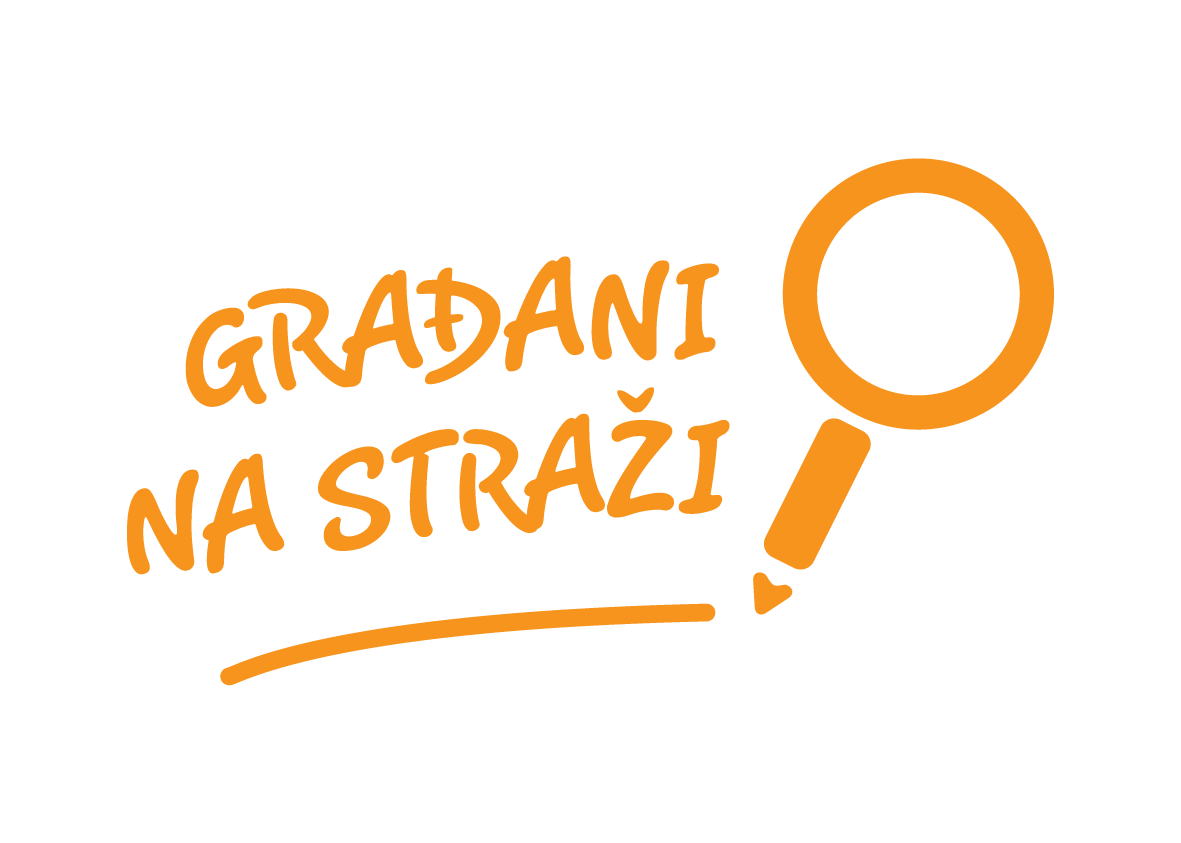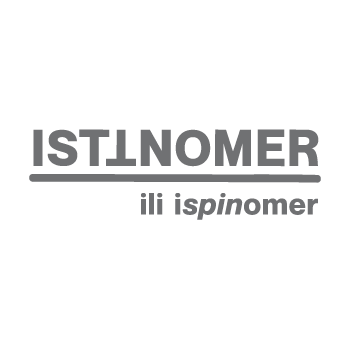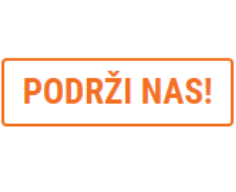LONG TERM OBSERVERS PRELIMINARY REPORT SUMMARY
 Gradjani na strazi
Gradjani na strazi
Serbia shall hold ordinary presidential elections on April 2nd 2017. These elections were called with the shortest possible legal margin, which created pressure among all participants in the electoral process, from the electoral administration to the very candidates. It should be pointed out that before the calling of elections, there was a sense of uncertainty over which elections would actually take place.
Eleven candidates shall run for the presidential race, one of them being the current Prime Minister Aleksandar Vučić. The very fact that the presidential candidate Aleksandar Vučić still holds his position of a Prime Minister is not a violation of law, nevertheless it is not either in the spirit of international practice for free and fair elections, because it is not possible to perceive a difference whether the candidate acts or is represented in the media as a Prime Minister or as a presidential candidate.
This unusual situation is additionally complicated by restricted capacities of independent institutions that play an important role in the electoral process control: the Anti-Corruption Agency (the Agency) and the Regulatory Body for Electronic Media (the REM). A precedent is set by the REM that has announced that it shall not be actively monitoring the work of electronic media during the presidential campaign, but it shall only exercise its competences following citizens’ complaints about perceived irregularities. A Oversight Committee of the National Assembly of the Republic of Serbia has not been formed for these elections either, although it is supposed to exercise ”general oversight over the actions of political parties, candidates and mass media during electoral process”.
The OSCE Office for Democratic Institutions and Human Rights (ODIHR) shall not be observing the elections either, as it did last year during extraordinary parliamentary elections. The assessment shall be done through the presence of the six-member expert team for monitoring the electoral process.
The list of topics in the campaign was set rather high and largely surpasses powers of the future president.
The general impression so far is that this time, the campaign is far more intensive in the media and on social networks than on the field. The intensity of the election headquarters campaigns differs considerably. Nearly all methods of communication with voters can be seen only in the campaign of the presidential candidate Aleksandar Vučić. A large majority of other campaigns uses merely two means of communication in this period of the campaign: public events – primarily different types of gatherings and rallies – and the internet campaign. Locally, the campaigns have so far been of a relatively low intensity that culminates before and during the arrival of the candidate in a particular place.
The observed period of the electoral process has been marked by a negative campaign. Thanks to the ruling coalition’s clearly articulated desire to win the elections in the first round shown in the media, government and opposition are trying to turn these elections into a referendum about the Prime Minister Aleksandar Vučić’s success of work. All this leads to overly heated massages that are being sent and at certain times transformed into hate speech.
During the pre-electoral campaign, various incidents have been noticed indicating a tense atmosphere that prevails in the campaign. In the reported period, the observation mission selected cases that had particularly disturbed the public and gathered enough evidence to be able to report with certainty. These concern attack on activists from electoral headquarters of different presidential candidates, cases of pasting of advertising material on spots that are not stipulated by regulations, which in one case resulted in a death.
In this period of the electoral process, the State Election Commission (the RIK) has undertaken activities from its field of expertise in accordance with the legal framework. There have been some news introduced in the regulations stipulating the conduct of elections referring to persons’ with disabilities electoral rights, the implementation of logical calculation operations by polling boards and the setting up of additional safety measures for guarding of polling materials. Accreditation procedures were simplified for national observers for monitoring the work of electoral process authorities. The work of the RIK was marked by the question asked by some members of the RIK whether the constitution of the RIK was legally valid, by the significance of the RIK coordinators’ role in entering corrections in the records of the work of the electoral committees (logical calculation errors), as well as by the debate on the legal validity of submitted candidacy of Luka Maksimović.
The voter register is in the focus of interest of the public in this electoral process, too. The issue of registration in the electoral list and applications for voting abroad and according to one’s residence marked this part of the electoral campaign and they largely reflect the fact that citizens have no trust in the electoral process. It is necessary for institutions and civil society to openly dialogue about the improvement of the management and maintenance of the voter register.
The manner of holding of election in the territory of Kosovo and Metohija remained unknown until Thursday March 23rd 2017 (10 days before the Election Day). Special instructions for carrying out of elections in the territory of Kosovo and Metohija stipulate the cooperation with the OSCE mission on holding of elections, possibility to establish the poll results at the polls, as well as in collection centres in the central Serbia, depending on the security assessment of the Office for Kosovo and Metohija. These instructions leave room for different scenarios during the Election Day, do not contribute to legal security of actors in the process and additionally jeopardise the integrity of the electoral process in its entirety.
The eligible voters’ signature validation process went without major problems despite short deadlines and complaints about public notarys’ work put forward by certain candidates.
Given the fact that the elections were called in extremely short legal margins, the lack of an adequate monitoring and the lack of control over participants in the electoral process by the Agency and the REM, omnipresent inequality in media reporting and uneven candidates’ access to electronic media, elements of government officials campaigning, the use of public resources and pressure on public sector employees to support the ruling party candidate, spread rumours about vote buying and a great number of electoral and legal solutions that deepen mistrust in the integrity of the electoral process, the CRTA observation mission “Citizens on Watch” appeals to:
- The State Election Commission (the RIK) to continue carrying out of the elections within the legal framework;
- The Media to objectively report on course of the campaign and provide enough room for each presidential candidate to freely convey their messages to voters;
- The Ministry of Justice and the Ministry of Interior to investigate allegations about all illicit electoral actions and to inform the public about their findings;
- The presidential candidates and their headquarters to conduct campaigns in accordance with the law and standards for fair and democratic elections, to consolidate their messages in order to underline the politics of interest to the citizens and to avoid the negative campaign and hate speech;
- The state authorities and officials to immediately cease to engage in one candidate’s campaign, which is punishable by law;
- The citizens of Serbia to express their political will freely, bearing in mind that on Election Day, the secret ballot method is used, in which a voter’s choice is anonymous.









